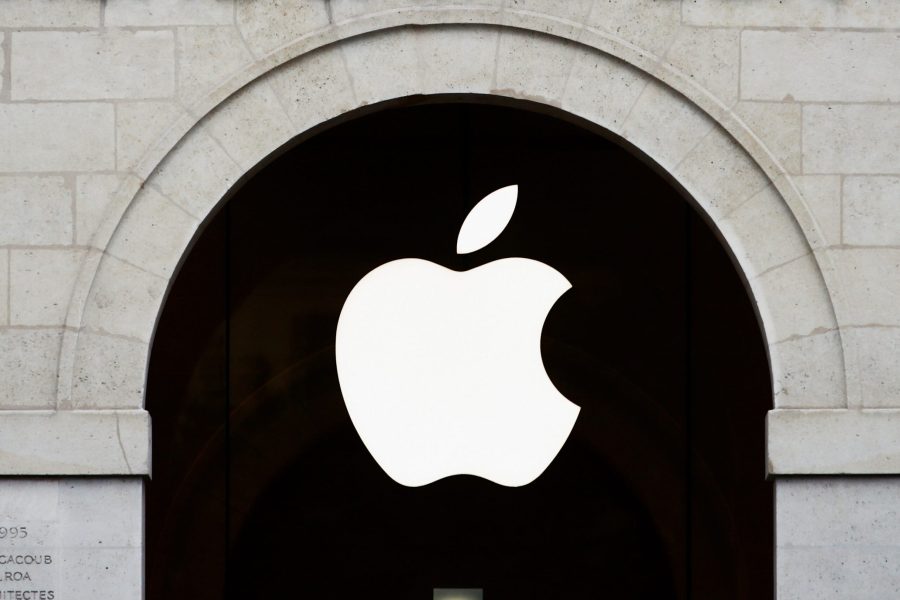Key takeaways:
- Apple is required by EU regulators to open its ecosystem to competitors.
- This order could impact Apple’s market dynamics and revenue streams.
- Non-compliance may lead to investigations and significant fines for Apple.
Introduction
On March 19, 2025, the European Union’s antitrust regulators made a landmark decision ordering Apple to open its closed ecosystem to rivals. Key points include:
- The EU’s directive targets access for creators of smartphones, headphones, and virtual reality devices.
- Failure to comply may result in further investigations and potential financial repercussions.
- This move marks a significant shift in how Apple must navigate its competitive landscape in Europe.
Detailed Analysis
The enforcement by EU regulators compels Apple to allow rival technology firms access to its proprietary technology. This encompasses a range of products including smartphones, headphones, and virtual reality devices, crucially including Apple’s mobile operating system. The European Commission’s decision underscores a growing trend in antitrust activity against major technology companies, aiming to promote competition and foster innovation within the industry 1.
Historically, Apple has maintained a closed ecosystem, strongly regulating how its technology interacts with third-party developers. The new directive signals a departure from this approach, as European authorities emphasize consumer choice and competition.
“The EU decision is a crucial step in reshaping the technology landscape in Europe,”
stated an EU regulatory spokesperson 2.
The implications for investors are multifaceted:
- Market Dynamics: Increased competition may pressure Apple’s profit margins, particularly in its accessory and software sales.
- Regulatory Risks: Non-compliance with this directive could lead to high fines, estimated to reach up to 10% of global annual sales, a cost that would directly impact shareholder value.
- Innovation Opportunities: Opening up to competitors may actually spur innovation within Apple’s ecosystem, allowing it to remain competitive and relevant in an increasingly saturated market.
With this shift, investors should closely monitor how Apple navigates these regulatory changes and adapt to a potentially more collaborative and competitive market environment. Analysts speculate that such developments may influence Apple’s stock performance as the company adjusts its strategies to comply with EU regulations while maintaining its growth trajectory 3.
Conclusion
In summary, the EU’s mandate for Apple to open its ecosystem presents both challenges and opportunities. Retail investors should remain vigilant about how this will affect Apple’s operational strategies, potential legal ramifications, and market positioning moving forward. The capacity of the tech giant to innovate while complying with these regulations could define its trajectory in Europe and beyond in the coming years.
References
1 Apple ordered by EU antitrust regulators to open up to rivals. Reuters. Retrieved March 19, 2025.
2 Apple ordered by EU antitrust regulators to open up to rivals. Economic Times. Retrieved March 19, 2025.
3 EU Pushes Ahead With Big Tech Antitrust Enforcement. Marketscreener. Retrieved March 19, 2025.
Tags: Apple, EU regulations, antitrust, technology, retail investors

